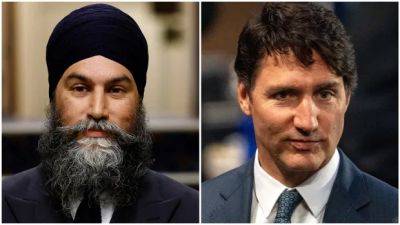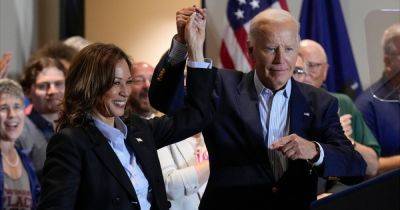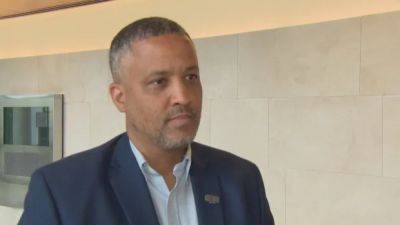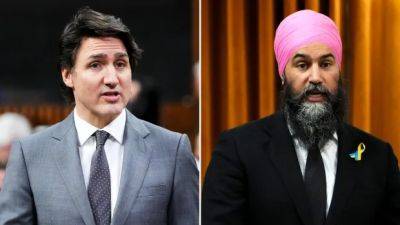The Liberal-NDP deal is dead — but that doesn't necessarily mean a fall election
NDP Leader Jagmeet Singh's decision to pull his party out of the confidence-and-supply agreement with the governing Liberals injects a lot of uncertainty into Canadian politics — and it could lead to a federal election earlier than planned.
The Liberal government is on shakier ground now that it can't rely on the NDP to prop it up on confidence votes in a Parliament where Team Trudeau holds a minority of the seats.
But it doesn't mean the government will soon fall on a confidence vote — a vote that determines whether the government has the support of the House of Commons.
It could still engage in some horse-trading with the NDP or one of the other opposition parties to cobble together enough votes to get its legislation through Parliament and stave off an election. An opposition party could support the government's agenda piecemeal, and not through a formal agreement like the one the was ripped up today.
Is Canada headed for an election?
Not yet — but one could come sooner than planned.
After Singh's decision to blow up the agreement that's kept the Liberals on solid footing for the last two years-plus, the government is undoubtedly in a much more precarious position.
Under the confidence-and-supply agreement, the Liberals essentially could govern as if they had a majority government.
That agreement was supposed to be in place until June 2025, meaning an election wasn't expected until next summer at the earliest.
Now, the Liberal government's future is on a knife's edge — it could be brought down at any time through a non-confidence vote when Parliament returns later this month.
While Singh is terminating the agreement with the Liberals — or SACA, as it's known in parliamentary circles — it doesn't necessarily mean the party is







